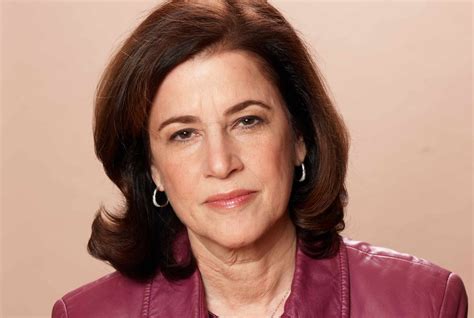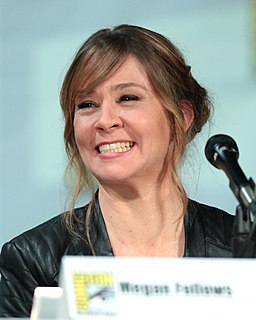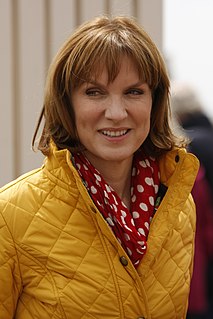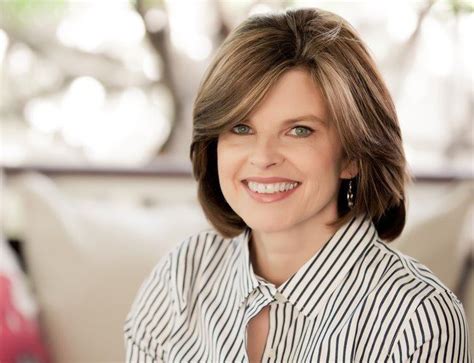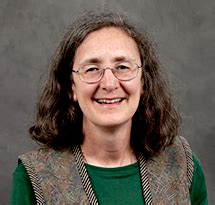A Quote by Ellen Galinsky
In a study that I just did, I found that it was older children, not younger children, who felt that they didn't have enough time with their parents.
Related Quotes
I have two children myself. I always laugh; they have you playing mothers pretty early, us women. You look at the television, the mothers get younger and younger, and the children get older and older, and you start to wonder when these people had these children. Were they breeding when they were 12?
Children grow rapidly, forget the centuries-long embrace from their parents, which to them lasted but seconds. Children become adults, live far from their parents, live their own houses, learn ways of their own, suffer pain, grow old. Children curse their parents for their wrinkled skin and hoarse voices. Those now old children also want to stop time, but at another time. They want to freeze their own children at the center of time.
Young children learn in a different manner from that of older children and adults, yet we can teach them many things if we adapt our materials and mode of instruction to their level of ability. But we miseducate young children when we assume that their learning abilities are comparable to those of older children and that they can be taught with materials and with the same instructional procedures appropriate to school-age children.
With grown children, we can look back at both our mistakes and what we did well in our parenting, having conversations with a greater degree of honesty than was possible before. In getting older themselves, our adult children may begin to comprehend the burdens and strengths we carried from our own parents.
